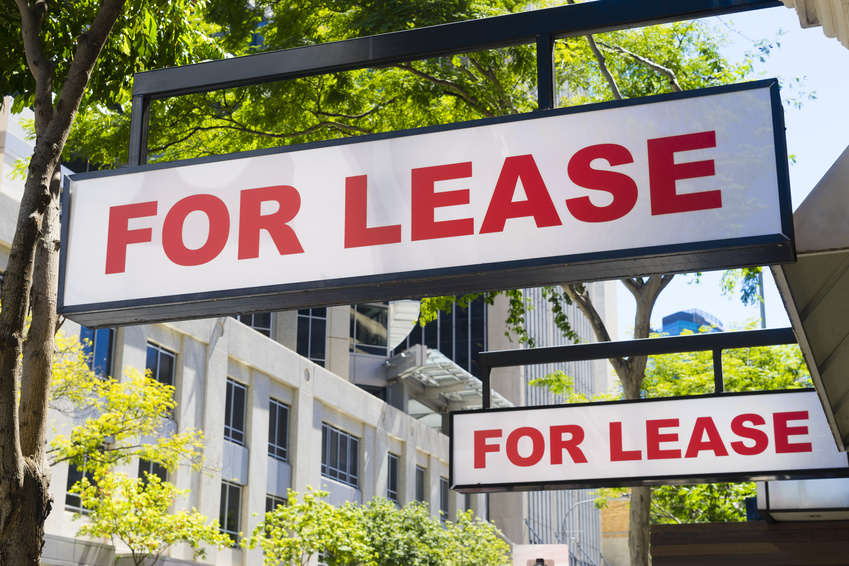
Florida commercial rental properties can be a lucrative primary or secondary source of income. Although rental properties can be very profitable, they require sound strategies to maximize their effectiveness. Not only should you consider the market for your rental property, you should also consider legal issues that could impair your profitability. Listed below are a few issues regarding commercial real estate that likely can be prevented if you consult an attorney.
1) Complexities of the Leasing Agreement
Leasing agreements can be very complex. Likewise, it is important to have a properly drafted leasing agreement. Leasing agreements protect both landlords and tenants. Because leasing agreements are contracts, they are subject to both contract and property law. Courts will construe poorly drafted leasing agreement against the drafter, which could potentially ruin profits for issues arising out of a poorly drafted leasing agreement.
In addition, courts recognize implied warranties regardless of their presence in the leasing agreement. Implied warranties are warranties that the court will always recognize because they protect both lessors and lessees. Court generally do not require these warranties to physically be in the lease.
2) Title Issues
Furthermore, if you or your broker did not perform a diligent title search when purchasing your property, you may be responsible for certain title defects in your deed. Easements, mortgages, and liens are just a few examples of encumbrances on property that can negatively affect title. For example, if your property is the servient parcel of an easement that was recorded in a public record that you or your broker did not discover during the executory period of the land-sale contract, your property may still be subject to that easement. This could mean that the easement holder could potentially continue using the easement on your property potentially subjecting you to litigation from a lessee for the breach of the covenant of quiet enjoyment.
3) Avoiding Mortgage Foreclosure
In addition, if you purchased property subject to a mortgage, (i.e. you purchased the property from a previous interest holder who did not satisfy their own mortgage on the property), a bank may foreclose on your property even though you make your payments on your own mortgage.
Our experienced attorneys have the knowledge to properly draft leasing agreements and assist you in any real estate transaction. If you have questions regarding any commercial property concerns that you may have please contact us.





